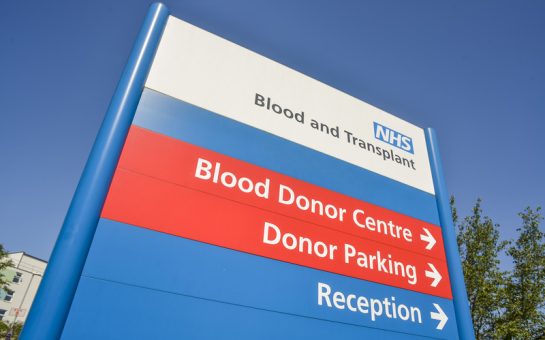Only half of Londoners regularly visit an NHS dentist, meaning that oral disease and decay are common.

You may be tempted to skip the dentist, be it out of fear or just general inconvenience, but dental hygiene is an important part of your overall health.
In fact, untreated dental issues can create serious medical conditions outside of your mouth. According to Mayo Clinic, endocarditis, cardiovascular disease, diabetes, osteoporosis, and Alzheimer’s disease are all complications of poor oral health.
Read on to learn about three important NHS Band 1 dental procedures, and how they’ll save your life through prevention.
X-ray

This procedure is the foundation of most dental work. Essentially, a dental X-ray is a photo of your teeth and their interworking. There are several types of X-rays your dentist may perform; each type may shed light on different underlying health issues.
The procedure: Dental X-rays are typically completed annually or upon the first visit to a new dentist. The procedure is performed while you’re seated in the dentist’s chair. A lead vest is placed on your chest for radiation protection. The X-ray machine will take photos from the side of your head. Your dentist will decide what type of X-ray is right for you. The following is a brief overview of what each X-ray type shows:
- Bitewing X-rays – shows signs of over or under bite.
- Periapical X-rays – reveals entire tooth and bone.
- Occlusal X-rays – identifies mouth issues such as fractures or growths.
- Panoramic X-rays – shows overall mouth, including nasal area.
Health benefits: This procedure can uncover a host of dental issues; therefore, it’s paramount in preventing life-threatening associated diseases. According to Web MD, Dental X-rays can uncover everything from cancerous tumours to extensive cavities and infection. If these and other issues are treated early, the risk of life-threatening disease or illness decreases significantly.
Fluoride Varnishes

A fluoride varnish is a method of early prevention. The procedure is typically performed on young children. Dentists and healthcare professionals believe that a coating of fluoride fights against future tooth decay. The British National Health Service (NHS) supports fluoride treatments. Learn more about this procedure via the NHS dental pricing infographic.
The procedure: The NHS Website states, “Fluoride varnish can be applied to both baby teeth and adult teeth. The process involves painting a varnish containing high levels of fluoride onto the surface of the tooth every six months to prevent decay. It works by strengthening tooth enamel, making it more resistant to decay.”
Health benefits: Untreated tooth decay, especially in children (who typically have weaker immune systems), can lead to tooth abscess and infection. Both of these complications are life-threatening, as they may result in blood infection or sepsis. Preventative fluoride promotes a healthy mouth and overall wellness.
Pathological Examination

Oral pathology deals with mouth health and related diseases. It’s typically carried out first through a pathological examination of the mouth. Pathology is the method of study and diagnosis of a given disease. Therefore, oral pathology is related strictly to treatment of diseases with the mouth.
The procedure: A pathological examination may be much like a routine examination, in which the dentist explores the patient’s periodontal (gums) area and teeth for signs and symptoms of disease. This examination is typically performed in the dentist’s office; however, a follow-up treatment may be necessary according to the procedure’s findings.
Health benefits: A pathological examination can point to serious conditions. Some of which directly affect health, such as oral cancer. Other issues, such as gum disease, may indirectly impact health over time. Gum disease is linked to the development of heart disease and other serious issues. Scheduling regular examines can detect oral disease early on and prevent future heart disease.
If you’re on the fence about getting that seemingly small tooth ache taken care of, then now is the time to act. The longer you wait, the more you put your life at risk. A broken tooth is nothing to smile about, and neither is infection or heart disease. Have you ever experienced any life-threatening side effects from untreated dental issues? Share your stories in the comments below.
Photos courtesy of RiddleSolved, Wonderlane, sethstoll and ^@^ina (Irina Patrascu), with thanks.
Follow us @SW_Londoner




